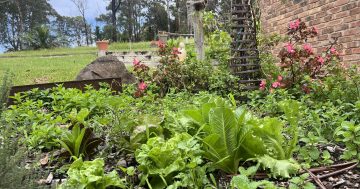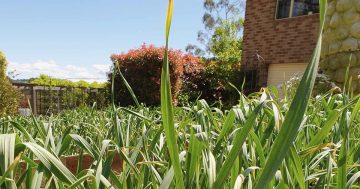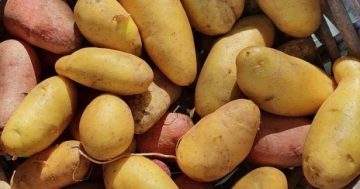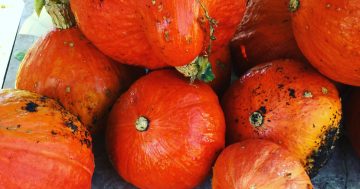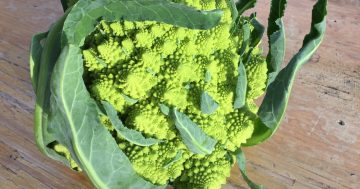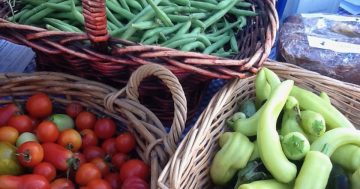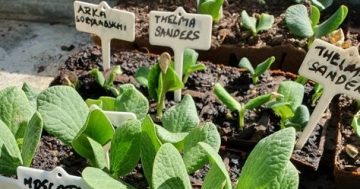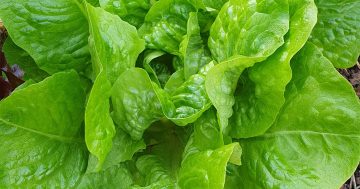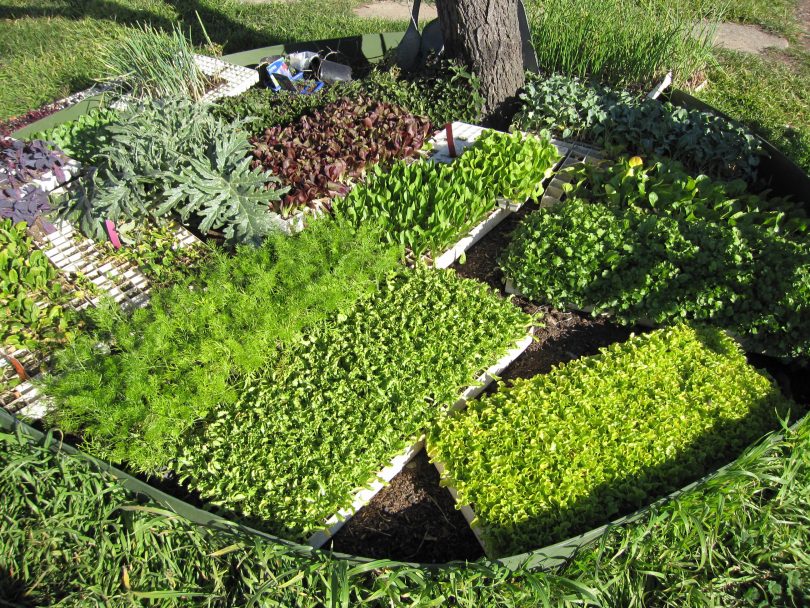
November is the time to plant summer vegetable seedlings. Photo: Supplied.
A frost or two in the cold-climate vegetable garden is still a real possibility even in late spring and early summer. This can be hard to believe when there have been so many warm days so far this spring season.
Although the Bureau of Meteorology seasonal forecast suggests we will have wetter weather with warmer nights through to January, and this will considerably reduce the risk of any surprise frosts.
November is the time to plant out all the summer vegetable seedlings, while keeping an eye out for frost conditions and being prepared to act to protect vulnerable plantings when an occasional frost is predicted.
Sunny, warm spring days will help the seeds you have planted in the past few weeks to grow strongly. These seedlings should be ready for planting now or in a few weeks’ time.
If you didn’t manage to get your seedlings started, nearby nurseries are well stocked and ready for the summer seasonal planting frenzy: zucchinis, tomatoes, basil, eggplants, quick-growing peppers and chilli, red onions, corn, and pumpkins.
A good selection can be found, but not a great varietal range.
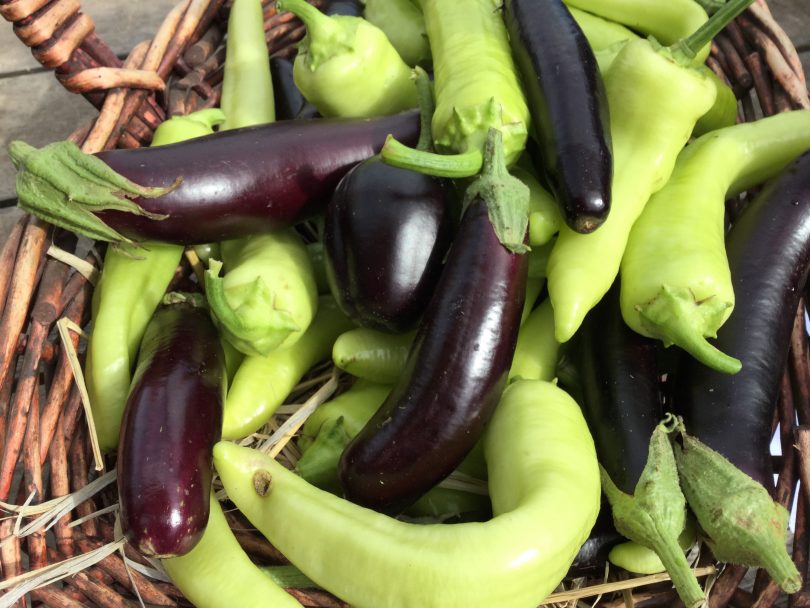
Frost tender summer seedlings can be planted now. Photo: Supplied.
One of the main problems with commercial nursery seedling supplies is the limited range of varieties on offer.
Let’s take eggplant as an example. Shorter growing seasons such as ours are ideal for the fingerling varieties of eggplant. These are usually long, slender fruit and can grow to a length of six to 10 inches.
In a cold climate they tend to mature more quickly than globe eggplants. This is an important consideration when the summer growing season is much shorter than in temperate climates. This is also the same for capsicum. It is well worthwhile considering growing long ‘banana’ type capsicums or peppers rather than the globe varieties.
Now that we are emerging from COVID-19 lockdown, markets will be reopening. Park markets and farmers’ markets are great places to look for vegetable seedlings and often provide more interesting varieties than stocked elsewhere.
Seedlings really give you a headstart in vegetable growing. They increase the productivity of your garden beds by cutting production time. With proper care, seedlings can last about six weeks or longer so you can stagger your plantings and avoid glut.
From a punnet of six seedlings, plant two each fortnight rather than planting all at once. Except for zucchini. We recommend only ever planting one or two zucchini plants. They will just keep growing vigorously all summer.
Come late January, you won’t be able to get rid of the excess for love or money, and by February, the family will be refusing to eat them any more in any recipe. For a change, try a pattypan type or a different coloured variety just to enliven eating interest.
The challenge is to extend the time your seedlings remain viable for planting, and make sure older seedlings you plant grow as well as new seedlings. There are some easy ways to do this.
When seedlings are ready to be planted, move them to a shaded area. Water them when they need it and remove weeds. As it gets hotter and drier, watering may have to be a daily chore. Water in the very late afternoon or evening or very early morning.
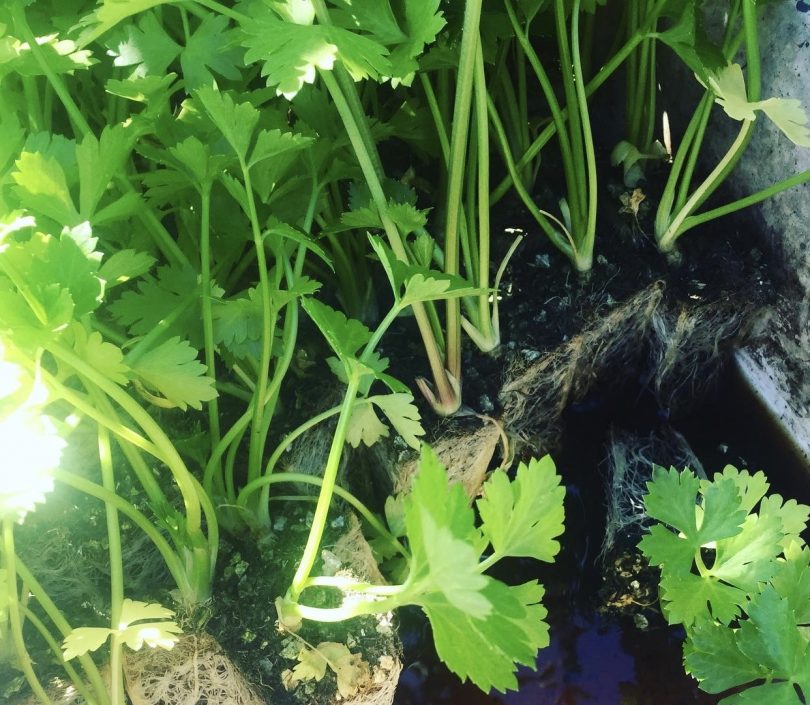
Stagger your planting to ensure a steady flow of produce. Photo: Supplied.
In our cold/cool climate, you can get away with evening watering without risking root rot. Just don’t saturate the seedlings. Don’t fertilise them at this stage, either. The aim is to slow growth. When you are getting ready to plant your seedlings, break up root clumps, trim off any brown or yellowing leaves and soak the seedlings in a seaweed-based liquid fertiliser for about 15 minutes before planting out.
A quick note on frost protection for your late-spring seedlings: if a frost is predicted and looks likely (these are not necessarily the same thing), have some shade cloth or other agricultural fabric (or even an old sheet or lightweight blanket) ready to toss over the plants the evening before.
At this time of year we shouldn’t get a hard frost so this should work well to keep the young plants from damage and ensure abundance of delicious vegetables into the summer season.
Bronwyn Richards and Helen Lynch run Wynlen House Artisan Village Farm and Learning Centre, a small village organic market garden in Braidwood, NSW. Since 2006 they have grown and sold fresh vegetables, eggs, preserves and garlic, and teach others to do the same.












